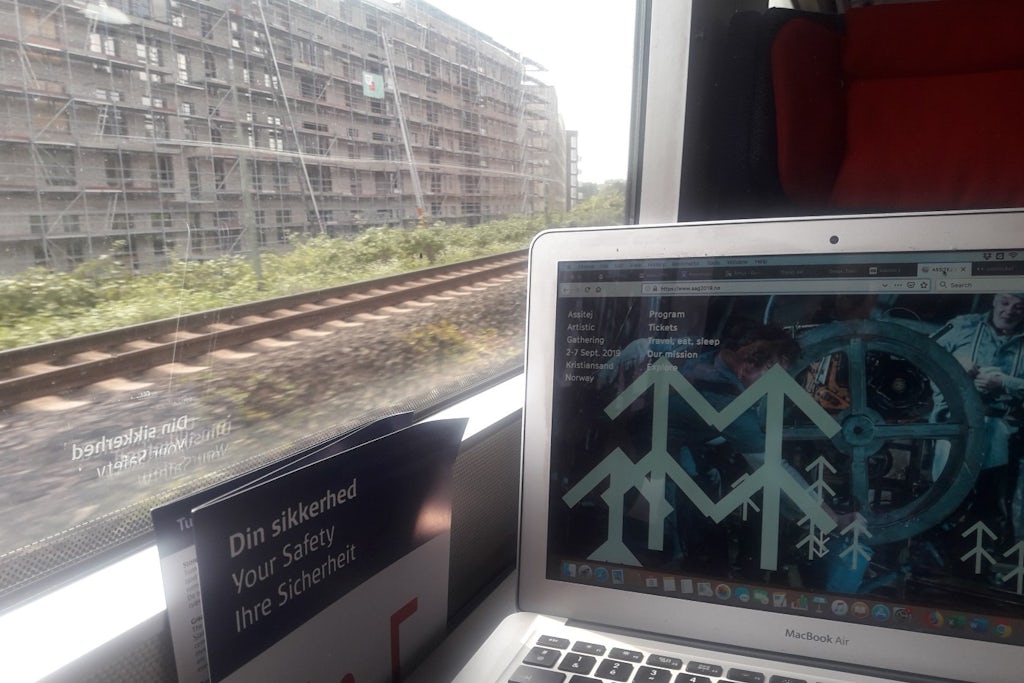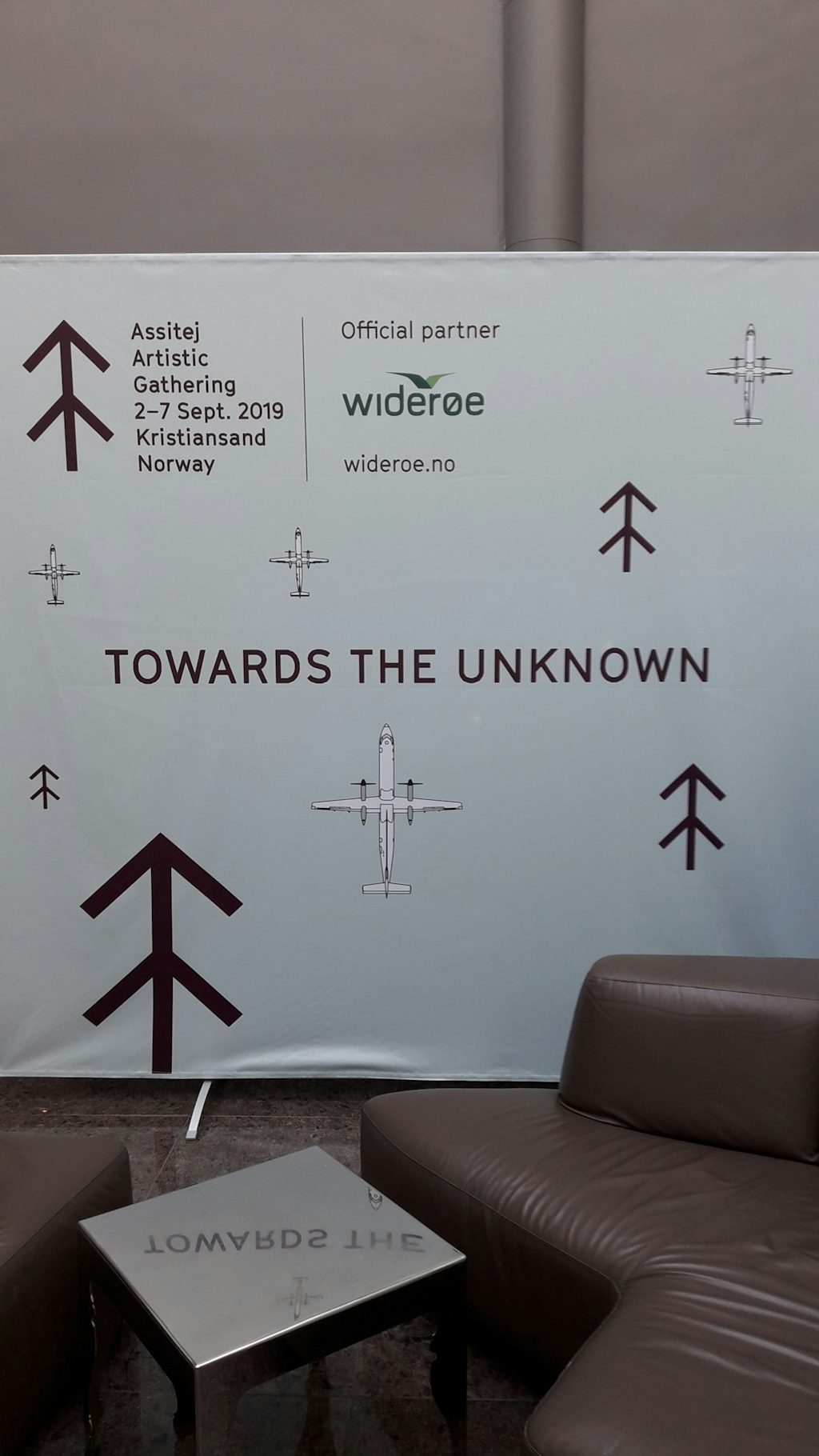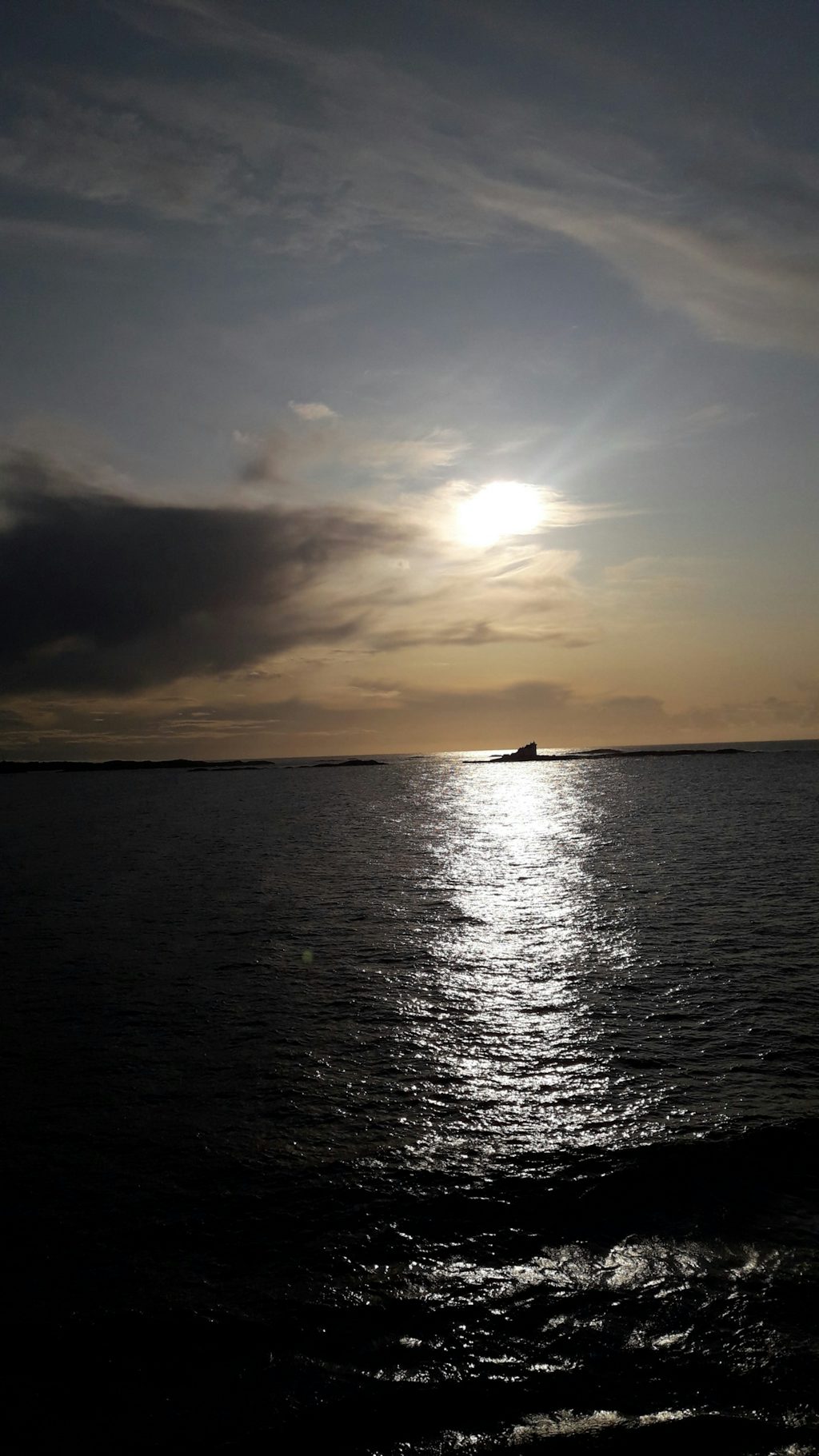
About not taking the plane to Kristiansand

From 2 to 7 September, the International Gathering of the global ASSITEJ network took place in Kristiansand (coastal town in southern Norway). ASSITEJ is a global network that unites professionals active in the performing arts for young audiences. I didn’t want to fly there, but I wanted to see if I could travel in a more sustainable way.
Dit artikel is enkel beschikbaar in het Engels.
The main reason was to reduce my overall footprint and to reduce the ecological impact of this trip. I also think that as employees of Flanders Arts Institute, we should put into practice the principles of ‘reframing the international’ that we propagate … We talk about it so much, but in the meantime we continue flying … If it takes real effort, we often drop out.
But first and foremost: I fully realise how privileged I am … I have the possibility to travel, I did not need a visa and have barely had to show my passport when crossing the Norwegian border, I work for an organisation that can pay for my trip and even wants to take on the extra cost of a more sustainable trip … Many colleagues from other parts of the world find themselves in a completely different situation. Moreover, it is, of course, just a little bit easier to travel to Norway from Brussels than from, say, Australia or South Africa …
The website of the gathering does not provide much information about sustainable travel. It only mentions trains in Norway itself. It also appears that the Norwegian airline Widerøe is a main sponsor of this meeting … : ‘We recommend flying with our partner Widerøe, the largest regional airline in Scandinavia, flying to 46 domestic and international destinations. They have direct flights to Kristiansand from London and Copenhagen.’
Even the logo of the event is inspired by an airplane:

The search of the route goes surprisingly smoothly and the connection turns out to be very good. In the end I travel 1.5 days by train and boat: Brussels — Cologne — Hamburg —Aarhus —Aalborg— Hirtshals — Kristiansand. I can work all the time, in a comfortable moving office with a view of passing landscapes …
The ‘slow’ approach to the destination, ‘taking the time’, are very pleasant. With some unexpected meetings on the way: an Iraqi woman who is on her way to Aarhus to see her brother again after 3 years (waiting together creates a bond), taking care of a Danish dog on the train (although I’m a dog hater). If we look at the concept of ‘time’ differently, then travelling this way is certainly not a waste of time, but a pure benefit.
But what about the cost? After all, a sustainable way of travelling is often more expensive than a flight. I calculated it: flying would have cost a total of 324,84 euros, now I pay 418,2 euros (including 2 nights resulting from this choice), a price difference of 93,36 euros.

Again: I realise very well that it is a great privilege to be able to travel at all and to be able to do so in this way. Many international colleagues were unable to attend the meeting because of distance, lack of resources or the impossibility of obtaining a visa… The issue of inequality is very present when it comes to environmental sustainability: as wealthy Western Europeans, we can emphasise how wrong it is to fly, but that also assumes a certain moral superiority: what about colleagues from some other parts of the world who are only now starting to fly? Who also want to be present at international meetings and want to exchange and network with colleagues from all over the world?
The discussion on ecological sustainability within the ASSITEJ network is only just getting off to a good start. Last week, a morning was spent working on ‘ecological sustainability’ during the daily ‘artistic encounters’. A lot of creative solutions were devised there that can reduce the impact of our sector on the climate. An important subject there was of course the touring of performances. However, we must not forget that there is already a lot of information and expertise, such as the Green Mobility Guideof On the Move and Julie’s Bicycle, which is available in five languages. It dates from 2011, but is certainly not ‘dated’ yet. I would also like to refer to an article that dramaturge Jeroen Peeters wrote at the request of Flanders Arts Institute, about ‘transition exercises towards a more sustainable mobility’.
In the course of the week, various ASSITEJ members expressed their concern about the climate crisis and our impact on it. There are many questions that arise, often linked to ASSITEJ’s raison d’être. The great added value of the ASSITEJ network has always been that people from all over the world come together to reflect on practice, to exchange, to learn from each other, to start collaborations, etc. Tony Reekie, member of the artistic committee, asks if it is necessary to meet physically every year. Maybe once every three years is enough and in the meantime there are there other (digital) possibilities? Chairwoman Yvette Hardie emphasizes the importance of ‘live’ meeting, and states that the annual meetings have been created to give everyone the chance to be present. If, for example, a meeting takes place in China (as was the case last year), hundreds of Chinese professionals are present who have never met the network before. That is true of course, but at the same time I see a bunch of people that are present at each gathering (I also count myself in that group). Could we start a kind of solidarity fund for mobility? Those who can afford it could choose to stay at home or not to fly, while other members, from more distant or less affluent parts of the world, are given the opportunity to do so …
My next destination is Istanbul … It is possible to go there by train (via Cologne, Vienna and Bucharest), but it takes 3 days. Unfortunately that seems a bit too ambitious at the moment …





